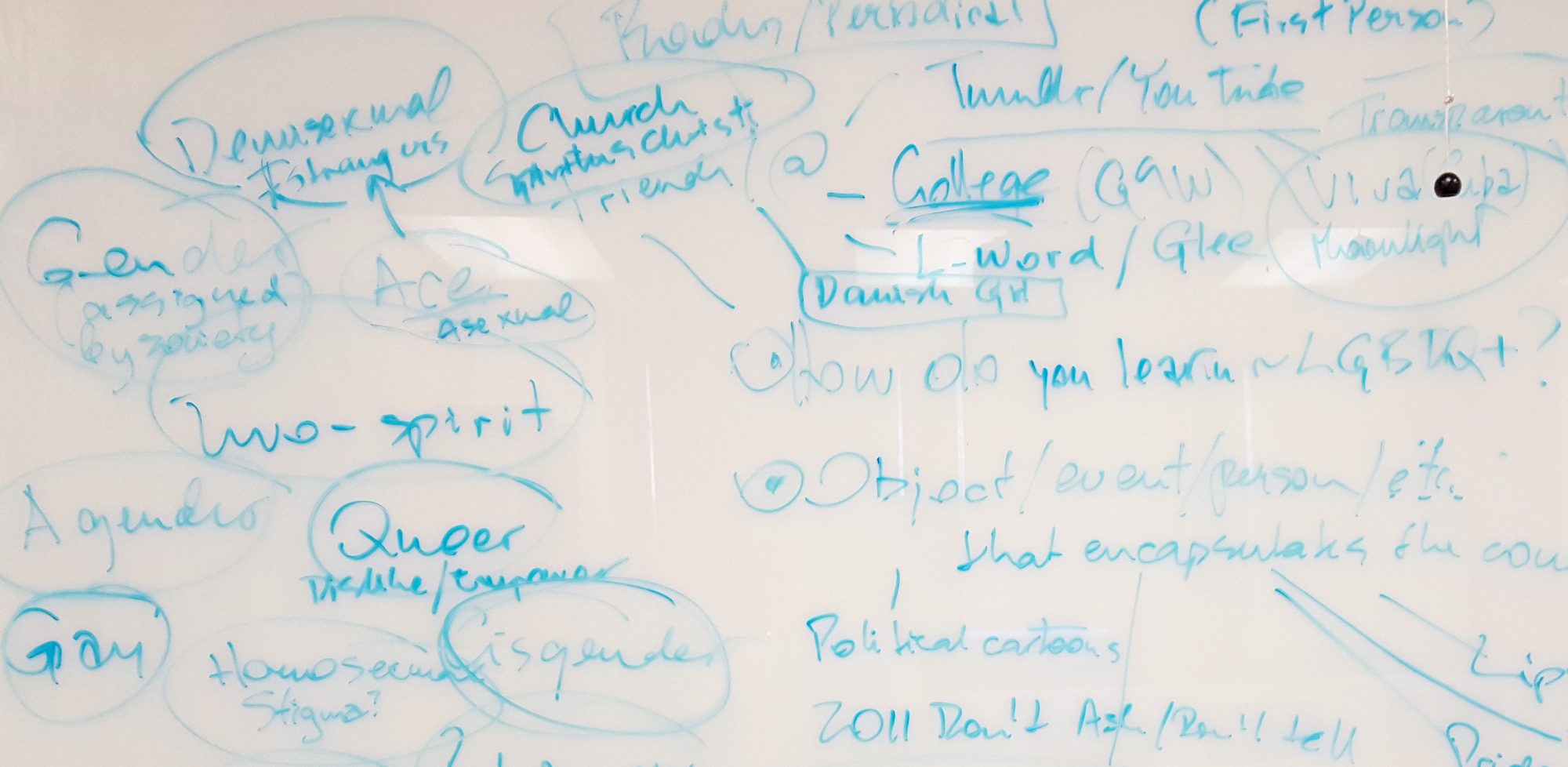From watching the film Major!, I learned about the terrible treatment and abuse of transgender women in the prison system. I have known that the prison system of the United States is corrupt in its treatment of inmates, but I was unaware of the way that transgender women are singled out and abused. Miss Major talked about the ways that she was singled out from the rest of the prisoners, and how the prison guards shaved her platinum hair and eyebrows, and forced her to walk around the prison naked. They exercised their power to strip her of her identity and make her vulnerable. I learned from the film that unfortunately, stories like Miss Major’s are not unique, as many transgender inmates face similar abusive treatment. They are humiliated, raped, and tortured. Transgender women are overwhelmingly kept in solitary housing units, under the guise of “protection”. This film left me wondering as to why there is such a lack of policy protecting transgender people who are incarcerated, and why, despite many reports being made of rape and abuse, there is a severe lack of action and justice. Video cameras are all over prisons, so there is no reason that offending prison guards shouldn’t be held accountable.
-ML
